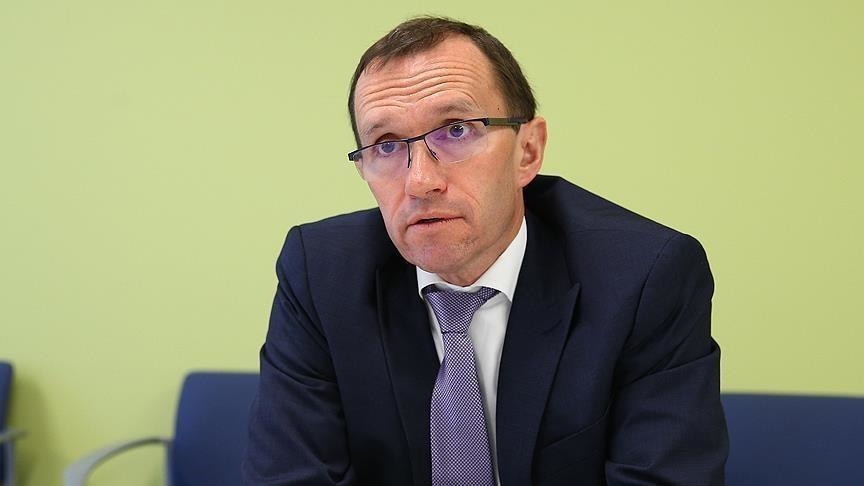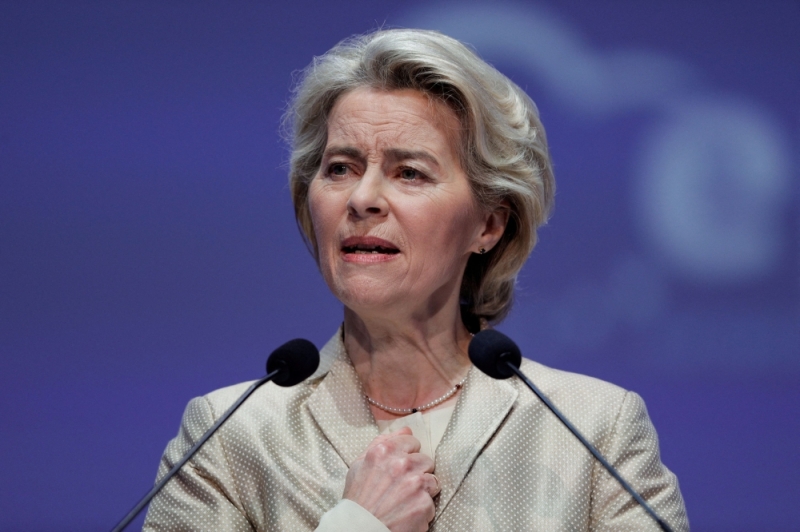
Officers arrested two people in the northeastern city of Zaragoza where the forgeries were allegedly made. — Pexels pic
Thursday, 07 Mar 2024
BARCELONA, March 7 — Police in Spain said today they had smashed a ring which allegedly falsified works by British street artist Banksy which it sold around the world for up to €1,500 (RM7,677) a piece.
Officers arrested two people in the northeastern city of Zaragoza where the forgeries were allegedly made and two others with “knowledge of the art world” suspected of having put the works on sale, Catalonia’s regional police force said in a statement.
Police suspect the ring sold at least 25 works, which were made with spray paint on cardboard, in specialised shops, Barcelona auction houses and online to customers in Germany, Scotland, Spain and the United States.
The ring forged certificates claiming the works had been created by Banksy as part of his “Dismaland” project, a temporary exhibition that resembled a grim theme park set up in 2015 in Weston-super-Mare, an English seaside town near Banksy’s home city of Bristol.
The exhibition, tagged as “The UK’s most disappointing new visitor attraction”,” featured a decrepit fairytale castle in a moat of murky water and model boats on a pool full of refugees.
Police said they started investigating last year after detecting the sale of several fake Banksy works. They uncovered the workshop in Zaragoza in December where two “young followers of Banksy’s urban art who had economic problems created the works,” the statement said.
The investigation remains open and police have not ruled out further arrests.
Banksy, whose identity has never been revealed, is famous for his ironic murals in unexpected places.
His works, which have been found in locations ranging from London and New York to the West Bank and Gaza, have become highly sought after in the art world he satirises.
BARCELONA, March 7 — Police in Spain said today they had smashed a ring which allegedly falsified works by British street artist Banksy which it sold around the world for up to €1,500 (RM7,677) a piece.
Officers arrested two people in the northeastern city of Zaragoza where the forgeries were allegedly made and two others with “knowledge of the art world” suspected of having put the works on sale, Catalonia’s regional police force said in a statement.
Police suspect the ring sold at least 25 works, which were made with spray paint on cardboard, in specialised shops, Barcelona auction houses and online to customers in Germany, Scotland, Spain and the United States.
The ring forged certificates claiming the works had been created by Banksy as part of his “Dismaland” project, a temporary exhibition that resembled a grim theme park set up in 2015 in Weston-super-Mare, an English seaside town near Banksy’s home city of Bristol.
The exhibition, tagged as “The UK’s most disappointing new visitor attraction”,” featured a decrepit fairytale castle in a moat of murky water and model boats on a pool full of refugees.
Police said they started investigating last year after detecting the sale of several fake Banksy works. They uncovered the workshop in Zaragoza in December where two “young followers of Banksy’s urban art who had economic problems created the works,” the statement said.
The investigation remains open and police have not ruled out further arrests.
Banksy, whose identity has never been revealed, is famous for his ironic murals in unexpected places.
His works, which have been found in locations ranging from London and New York to the West Bank and Gaza, have become highly sought after in the art world he satirises.
— AFP





 A man stands on a platform next to empty railway tracks at Cologne Deutz train station [Jana Rodenbusch/Reuters]
A man stands on a platform next to empty railway tracks at Cologne Deutz train station [Jana Rodenbusch/Reuters]


